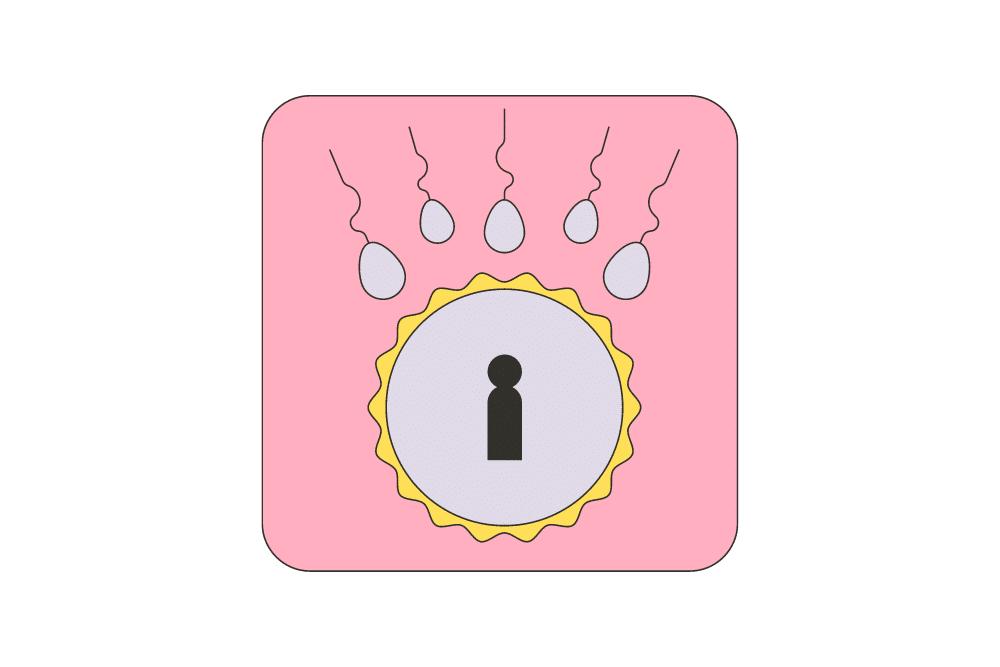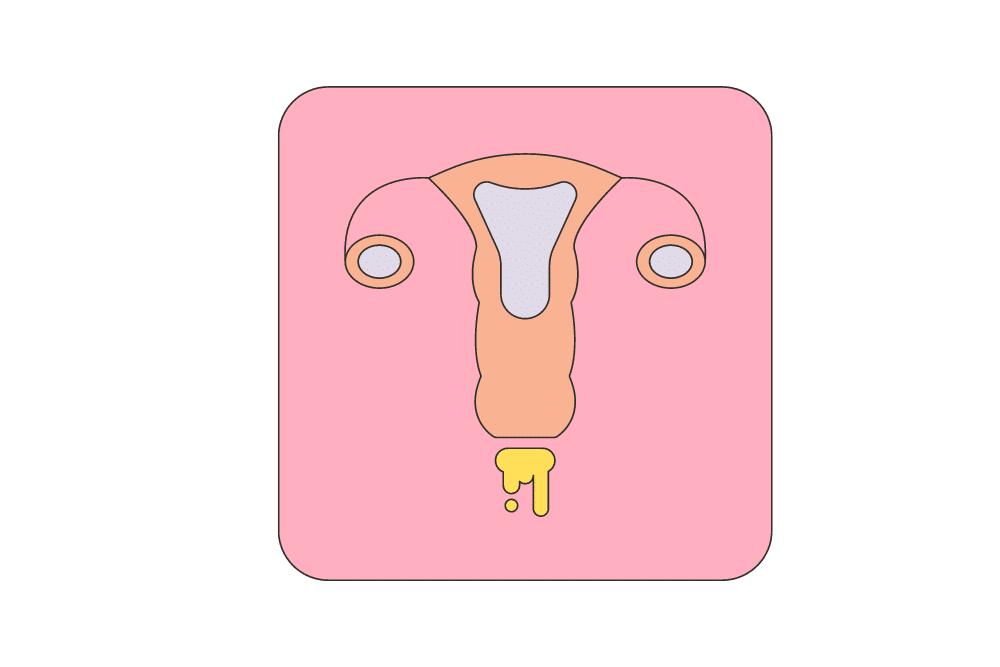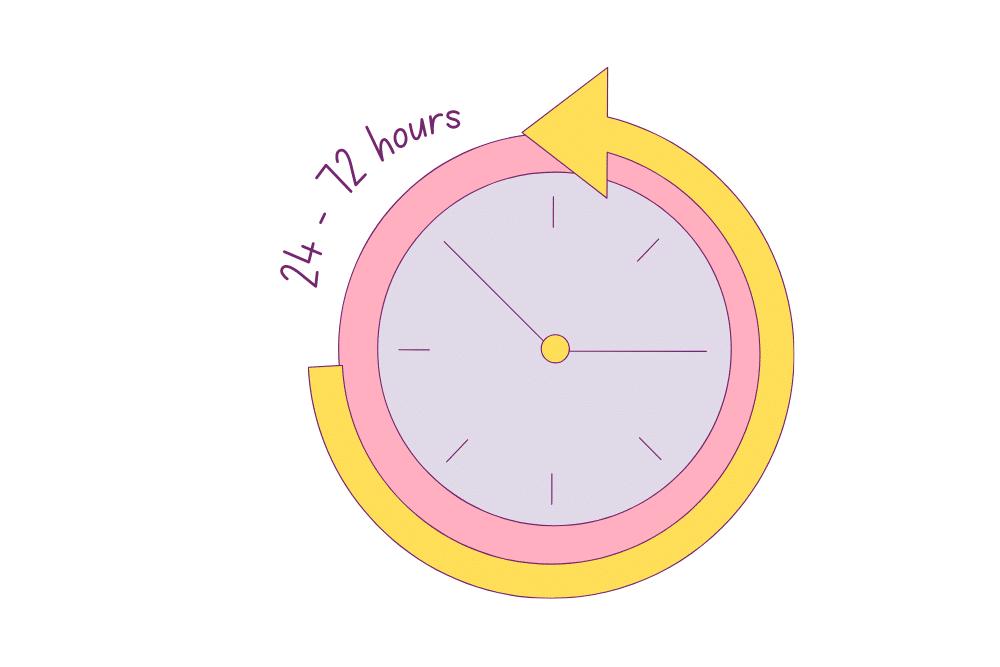Ever wondered about the morning after pill and what makes it tick? You’re not alone! This little contraceptive weapon has some cool science behind it. It’s like a safety net for those “oops” moments, so we’re breaking down how it does its job.
In simple terms, we’ll explore the science of the morning after pill, giving you the lowdown on how it fits into the world of reproductive health. So, if you’ve ever been curious about the ins and outs of emergency contraceptive pills, stick around for the 411!
What is the Morning After Pill?
The morning after pill, also known as the emergency contraception pill, is a form of birth control taken after unprotected sex to reduce the risk of pregnancy. It’s like a backup plan or plan-b when regular contraception fails, a condom breaks, or you simply forget to take your usual contraceptive pills. It’s important to note that emergency contraception pills are not intended for regular use and should be reserved for emergency situations.
This pill typically contains hormones like levonorgestrel or ulipristal acetate, which are similar to those found in regular birth control pills but in higher doses. These hormones work by interfering with the normal hormonal processes associated with conception, either by preventing or delaying ovulation, the release of an egg from the ovary.
In simpler terms, the morning after pill acts as a sort of contraceptive fire extinguisher, helping to prevent pregnancy when other methods have failed or were not used. It’s a handy tool for those moments when life takes an unexpected turn and you want an extra layer of protection against an unplanned pregnancy.

What Happens When You Take the Morning After Pill?
When you take the emergency contraceptive pill, you’re essentially introducing a surge of hormones into your body, and here’s how it works:
Timing is Crucial
The effectiveness of the morning after pill hinges on timing. The sooner you take it after unprotected sex, the better. It’s designed to be a time-sensitive solution, with efficacy diminishing as time passes.
Stopping Ovulation
One of the primary mechanisms of the emergency birth control pill is preventing or delaying ovulation. Ovulation is when your ovary releases an egg into the fallopian tube, awaiting fertilisation by sperm (find out how to know if you have ovulated ). By altering hormone levels, the morning after pill throws a wrench into this process, buying time and reducing the chance of egg and sperm crossing paths.
Thickening the Cervical Mucus
Another defensive move is thickening the cervical mucus. This makes it more difficult for sperm to swim through the cervix and reach the egg. Essentially, it creates a formidable barrier, lowering the probability of fertilisation.
Disrupting Fertilisation
If, by chance, an egg has been released and sperm is on the move, the morning after pill can disrupt their meeting. It alters the conditions in the fallopian tubes, making it less favourable for fertilisation. This interference helps to prevent the formation of a fertilised egg, a critical step in pregnancy.
Inhibiting Implantation
While a commonly misunderstood aspect, the morning after pill primarily works before fertilisation. It is not designed to terminate an existing pregnancy – it is not an abortion pill. It does not affect a fertilised egg’s ability to implant in the uterus. Its focus is on preventing the initial steps leading to pregnancy.
In essence, taking the morning after pill is like deploying a hormonal strategy to create roadblocks at different stages of the reproductive process, giving you a safety net during those unexpected moments. It’s a proactive approach to prevent unintended consequences, offering a timely solution when regular contraception falls through.

How Fast Does the Morning After Pill Work?
When it comes to the morning after pill, speed matters. Morning after pill effectiveness is closely tied to how quickly you take it after unprotected intercourse. Here’s the breakdown:
Sooner is Better
The morning after pill works most effectively when taken as soon as possible after unprotected sex. Ideally, you should take it within the first 24 hours, although some formulations can be effective for up to 72 hours and, in some cases, up to 120 hours or five days after unprotected sex. If you can’t reach a pharmacy, it’s important to know if your boyfriend can get the morning after pill for you so you can plan accordingly.
Get the morning after pill fast! »Immediate Response
Think of the morning after pill as a rapid responder. Its primary goal is to intervene before the processes leading to fertilisation kick into high gear. By taking it promptly, you increase the chances of disrupting ovulation and altering the cervical mucus before sperm have a chance to reach the egg.
Diminishing Effectiveness Over Time
The efficacy of the morning after pill diminishes with each passing hour. While it can still be effective for up to 72 hours and sometimes beyond, the odds of preventing pregnancy decrease. The closer you are to the moment of unprotected sex, the more effective the pill is in thwarting the potential for conception.
Individual Variations
It’s essential to recognise that individual variations in metabolism and hormonal response can influence how quickly the morning after pill takes effect. Factors such as weight, overall health, and the specific formulation of the pill can play a role in its absorption and effectiveness.
In a nutshell, the morning after pill is designed to act quickly, offering a pivotal window of opportunity to prevent unintended pregnancies. While it’s reassuring to know that it can provide a safety net even if taken within 72 hours or beyond, making it a priority in the first 24 hours significantly boosts its effectiveness. Remember, when it comes to the morning after pill, speed is your friend.

How Effective is the Morning After Pill?
Emergency contraception pills can prevent around 85% of expected pregnancies.¹
The morning after pill is most effective when taken promptly after unprotected intercourse, with the first 24 hours being a critical window for optimal efficacy. While it can still be effective for up to 72 hours and sometimes up to 120 hours (5 days) later, its success gradually diminishes over time.
The specific formulation of the morning after pill, whether containing levonorgestrel or ulipristal acetate, also influences its effectiveness, with the latter generally proving more potent, especially as the hours pass. Individual factors such as weight, metabolism, and overall health can further impact the pill’s absorption and subsequent success.
It’s crucial to recognise that while the morning after pill is a reliable form of emergency contraception, it is not foolproof, and its intended use is for emergency situations rather than as a regular contraceptive method.
Also see our article, How much is the morning after pill in Australia?
Can You Still Get Pregnant After Taking the Morning After Pill?
While the morning after pill is a highly effective form of emergency contraception, it does not provide absolute certainty against pregnancy.
Its primary purpose is to reduce the risk of unintended pregnancy, and the effectiveness significantly depends on the timing of administration. If taken within the first 24 hours after unprotected intercourse, the morning after pill is more likely to prevent pregnancy. However, as time elapses, the efficacy diminishes. It’s essential to understand that the morning after pill does not guarantee complete protection, and there is still a possibility of pregnancy, albeit lower than if the pill were not taken.
Regular contraceptive methods should be resumed after taking the morning after pill, and if there is a delay in menstruation or other concerns, a pregnancy test is recommended for peace of mind and prompt action if needed.
Will the Morning After Pill Work If I Have Already Ovulated?
The effectiveness of the morning after pill is primarily linked to its ability to prevent or delay ovulation.
If you have already ovulated when you take the morning after pill, its effectiveness in preventing pregnancy may be reduced. The pill is designed to disrupt the hormonal processes leading to ovulation, creating a time-sensitive window in which it is most effective. If the egg has already been released and fertilisation has occurred, the morning after pill may be less successful in preventing pregnancy.
It’s crucial to take the pill as soon as possible after unprotected intercourse for optimal effectiveness, but its reliability decreases as time passes after ovulation. If there are concerns about a potential pregnancy, consulting with a healthcare professional for guidance is advisable.
Get the morning after pill to your door! »Source
- Australia H. “Morning after” pill (emergency contraception pill) [Internet]. www.healthdirect.gov.au . 2022. Available from: https://www.healthdirect.gov.au/morning -after-pill#effective
Disclaimer: The information provided in this blog is for general informational purposes only and is not intended to be a substitute for professional medical advice, diagnosis, or treatment. Always seek the advice of your physician or other qualified health provider with any questions you may have regarding a medical condition. Never disregard professional medical advice or delay in seeking it because of something you have read on this blog. Reliance on any information provided in this blog is solely at your own risk. The health and medical information on this site is provided “as is” without any representations or warranties, express or implied.

